ASHM International has recently completed an HIV case management and linkage strengthening project in Timor-Leste, as part of AFAO’s Sustainability of HIV services for Key Populations in Asia (SKPA) Program funded by The Global Fund.
In Timor-Leste, a key area identified for ASHM’s support was strengthening the counselling and case management elements of the HIV treatment and care cascade. From September 2021 to March 2022, ASHM International worked with the National HIV/AIDS Program, Ministry of Health Timor-Leste and Estrela+, a national not-for-profit membership association of people living with HIV in Timor-Leste, to develop a HIV Peer Case Management Handbook that was designed for Timor-Leste’s context. The Handbook aims to improve the experiences of PLHIV in clinical settings, and clarify the steps in an active referral process, for improved linkage to long-term care.
3 key objectives for the project were identified by Estrela+, the Ministry of Health (MOH), KP communities and World Health Organization (WHO):
- Strengthening existing implementation of HIV Community-based Testing (CBT)
- Improving linkages between testing and case management to improve treatment adherence, and
- Improving lost to follow-up (LTFU) tracking mechanism
Project Impact
Development of a Counselling and Case Management Handbook
- A practical reference tool for identifying and supporting PLHIV in Timor-Leste. It has a strong focus on counselling, supporting PLHIV to manage their own health, and minimising the HIV-related stigma and discrimination in healthcare settings that limit the effectiveness of those services
- Handbook content was translated into Tetum and revised on a rolling basis for ongoing stakeholder input, with a focus on clear and simple language
- A Timorese graphic designer created illustrations for the handbook to be locally representative, visually engaging, reinforce key messages, and increase the use of the handbook
A Strengthened Referral Pathway
Together with stakeholders, the gaps where PLHIV are at risk of becoming Lost to Follow Up through existing referral mechanisms were identified. A clarified referral pathway was developed with clearly defined roles and responsibilities, including an alternative pathway when same-day active referral is not possible. This pathway appropriately reflects the local context and was embedded within the HIV Case Management Handbook for future training.


